Rumor: Apple once again said to be strongly considering ARM-based Macs
Apple's most popular computing devices, from the iPhone and iPad to MacBook Pro and iMac, could all be powered by the same ARM-based processors, if the company were to decide to make such a switch, according to a new report.
Citing a "reliable" source, French Apple enthusiast site MacBidouille reported this weekend that Apple is exploring new ARM-powered Macs that would feature a "large format" Magic Trackpad built into the keyboard. Apple is said to be far along in development of these machines, but is "reluctant" to make the switch too early and hurt its Mac lineup.
The systems are said to be running a "completely equivalent" OS X operating system in ARM, with several prototype machines already said to have been developed. Interestingly, these machines are said to rely on multiple ARM CPUs, each with multiple cores.
Specifically, it was said that Apple has developed an iMac desktop with four or eight 64-bit quad-core CPUs, while a Mac mini is said to have been made with four such cores. In addition, it was claimed that Apple has developed a 13-inch MacBook sporting up to eight 64-bit quad-core ARM chips.
Of course, Apple already made a switch along these lines once, in a massive transition from IBM's PowerPC chips to Intel's line of processors. That switch proved beneficial to Apple, allowing its machines to run Windows and also tapping into Intel's speedier chips, and as a result Mac sales went to new highs.
As for ARM-based Macs, rumors of such machines floating around in Apple's secretive labs have existed for some time. One three-year old report claimed that Apple had built a MacBook Air powered by the same A5 chip as the iPad 2.
In the subsequent years since that rumor, Apple's custom mobile processors found in the iPhone and iPad have only become more powerful. The company's latest silicon, the A7 that powers the iPad Air, iPhone 5s and Retina iPad mini, is a 64-bit chip that's been called a "desktop-class" processor.
 Sam Oliver
Sam Oliver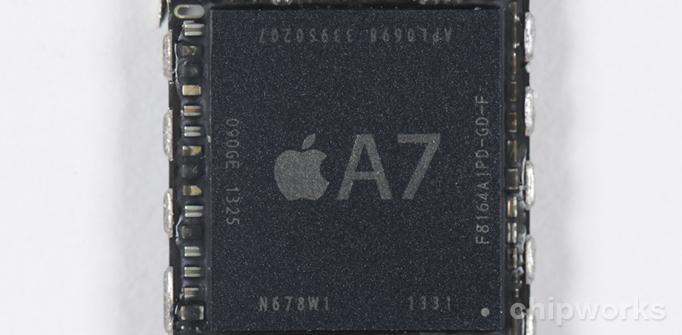
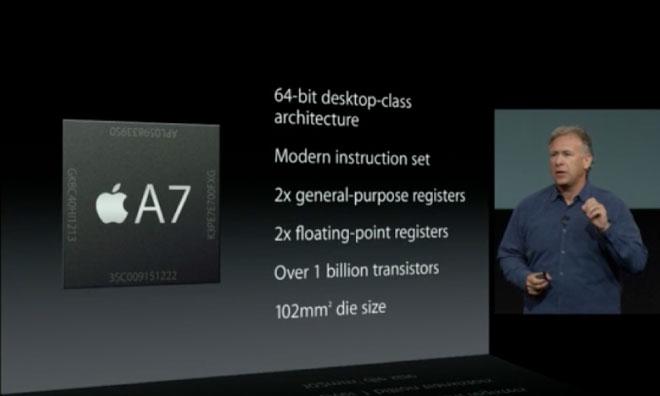
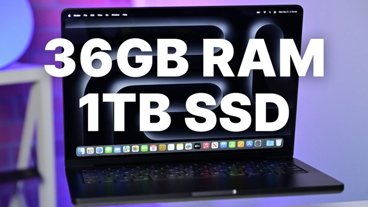
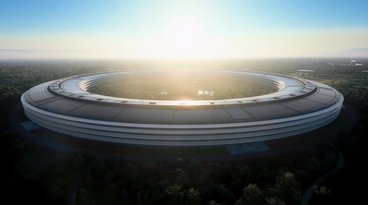




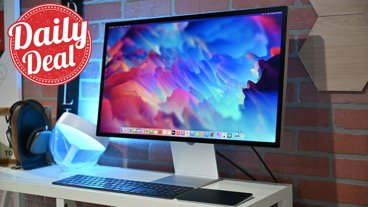





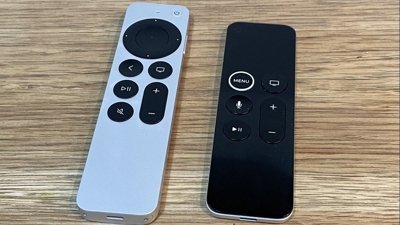
 Charles Martin
Charles Martin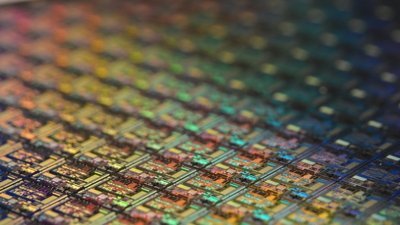
 Andrew Orr
Andrew Orr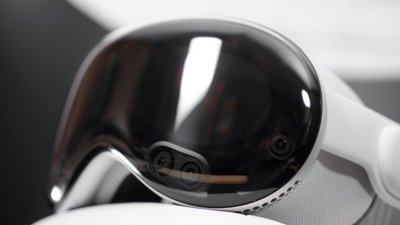
 Wesley Hilliard
Wesley Hilliard
 William Gallagher
William Gallagher

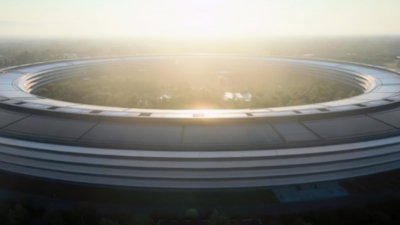

 Malcolm Owen
Malcolm Owen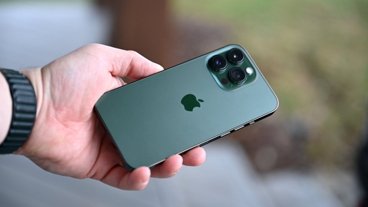
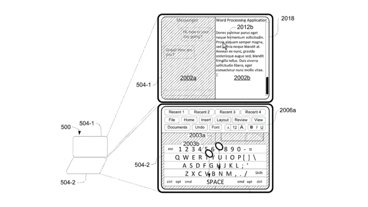







130 Comments
This rumour again? Good grief. No, Apple will not move any Macs to ARM technology. Why? Windows compatibility. One of the strongest arguments against Macs in the PowerPC age was that they could run Windows applications. A move to Intel killed that argument. No Macs are mixed into Windows environments will incredible ease. Switching away from Intel on some models would confuse the market. It would be an incredibly stupid thing to do. There is zero real benefit to moving to ARM with the Mac. Take a look at the Windows platform. How well is Windows RT doing?
Why wouldn't they make the move to ARM? Clearly they have plans to do so otherwise they wouldn't have machines already running in the labs. It's just a matter of time, I'd stake money on it happening.
This rumour again? Good grief. No, Apple will not move any Macs to ARM technology. Why? Windows compatibility. One of the strongest arguments against Macs in the PowerPC age was that they could run Windows applications. A move to Intel killed that argument. No Macs are mixed into Windows environments will incredible ease. Switching away from Intel on some models would confuse the market. It would be an incredibly stupid thing to do. There is zero real benefit to moving to ARM with the Mac.
Take a look at the Windows platform. How well is Windows RT doing?
As someone who has had 4 operating systems running on a single Mac, I sympathise with your position. I also had Windoze running very successfully on my 12" PowerPC PowerBook (remember those) however and in fact, in what I was using it for which required a USB <----> RS232C dongle, it was 100% reliable. However, perhaps it is time to move on (although I am not necessarily arguing for the move as I do not understand fully the implications). Some benefits might be, a code base that converges with iOS and the efficiency gains contingent with that and also, greater self-determination. I believe that Apple was badly let down toward the end of the PowerPC era with processor development on their behalf failing badly. Perhaps Intel's processor developments too are headed in a direction that will not favour Apple before too long. Another advantage would be greater scope in specific system variants, beyond iOS and Mac OS X both. The time is coming I think.
[quote name="guytoronto" url="/t/180044/rumor-apple-once-again-said-to-be-strongly-considering-arm-based-macs#post_2539513"]This rumour again? Good grief. No, Apple will not move any Macs to ARM technology. Why? Windows compatibility. One of the strongest arguments against Macs in the PowerPC age was that they could run Windows applications. A move to Intel killed that argument. No Macs are mixed into Windows environments will incredible ease. Switching away from Intel on some models would confuse the market. It would be an incredibly stupid thing to do. There is zero real benefit to moving to ARM with the Mac. Take a look at the Windows platform. How well is Windows RT doing?[/quote] I'm sure Apple tests lots of things in their labs. They would be stupid not to. And I wouldn't be surprised if we get a fanless ARM based Mac notebook, one that has retina display and 24 hour battery life. That would be awesome.
Why not. Nobody thought Apple could move to Intel because of the technical issues (big endian, little endian topic). And they did - seamlessly.
To me, over 35 years, Apple is a company that performs miracles.
And why not move on, as someone said? This is the world of tablets now.
In our household, we all had MacBooks over the years.
Now we have one MacBook, iPhones, Kindle Fires (great device, BTW), and now I use an Acer Chromebook (awesome laptop). We only need a MacBook for iTunes. Even my daughter only uses iPhone 99% of the time.
No longer really need Windows or OS X too much.
The world is really diversified and the ball is in Apple's court to make Windows incompatible Macs - if that is the case.
And why can't Apple make a Bootcamp equivalent system on a different processor?
Really, Apple does perform miracles.
I'm not an Apple fanboy (anymore), since I use Android/Chrome OS most of the day, but agnostic. Also have an Android based e-Ink reader (Nook Simple Touch).
I bet an Apple based ARM OS world would blow people's socks off. And they would be cheaper???
P